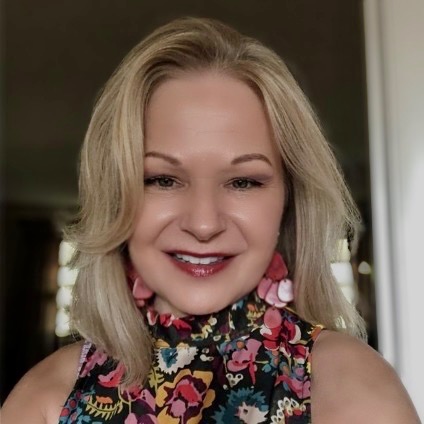BY JEAN MARIE JOHNSON
People often say that initiating a conversation – much less a friendship – can be hard work. Where do you start? For retirees launching a new chapter and those putting down roots in unfamiliar soil, the ability to initiate conversation matters because it is the pathway to new connections and new friendships. If you are a retired “senior citizen,” you might ask yourself, “How do I know if this is a potential friendship I’d like to pursue?” “What should I ask this person?” and, “Wait a minute, maybe that’s too personal.” Or maybe your mom is retired and you just want some tips on how to get a conversation going when her new friend comes by. You also wonder “Where do I start?”
Be Observant and Pay Attention
Remember that, in general, people like to talk about themselves. Knowing that is good news, right? But of course there’s some nuance here. Our experience tells us that some older people enjoy reminiscing about the life they’ve lived while others are more reticent. Or, maybe they simply want to leave the past behind and focus on the present. Take your cue from them; focus on being observant, and pay attention to their words and body language. Then, follow their lead.
Make it Mutual
“Conversation” means that the words and the sharing go both ways. Don’t be that person who fires endless questions and rarely divulges anything about herself. Instead, whatever you are prepared to ask, be prepared to answer. For example, if you say, “I heard you’re new to the area. I’m also a ‘transplant.’ What brought you here?” You may get a short and sweet response like, “The weather,” or, a full, rich paragraph about pursuing a retirement dream. The most fulfilling conversations feel reciprocal because they are. Find a point of connection – anything – and go with that.
Remember the Power of the Open-ended Question
Consider:
- Do you like living here? vs. What do you especially like about living here?
- Now that you’re retired, have you discovered anything you really enjoy doing? vs. What have you discovered that you really enjoy doing, now that you’re retired?
Open-ended questions generate rich conversation, a mutual give and take, instead of a hollow checklist of “Yes’s and No’s.”
What to Talk About?
The person and the context will suggest the topics you introduce and the questions you ask. When my Book Club formed, only two of the members knew one another. And so, early on, we didn’t ask, “Have you always loved reading?” We asked, ”Where did your love of reading begin?” That question was the springboard to storytelling and countless points of connection! When a mutual interest finds you conversing with a new person, explore that interest as your starting point. Claire Samuels is a writer for “A Place for Mom,” an organization that advises on senior housing options. She suggests these topics and questions that seniors “never get sick of hearing”:
Their youth
- What do you remember about the place you grew up?
- What’s the weirdest fad you remember?
- What was your first job?
Their family
- Do you know the history of your family name?
- What did you and your siblings do for fun?
- How did you meet your spouse?
Getting older
- What are the most rewarding things about getting older?
- What are the most important lessons you’ve learned in your life?
- Who has influenced you the most?
Their values
- What are you the most proud of?
- What kinds of things make you the happiest now?
- How have your dreams and goals changed throughout your life?






















